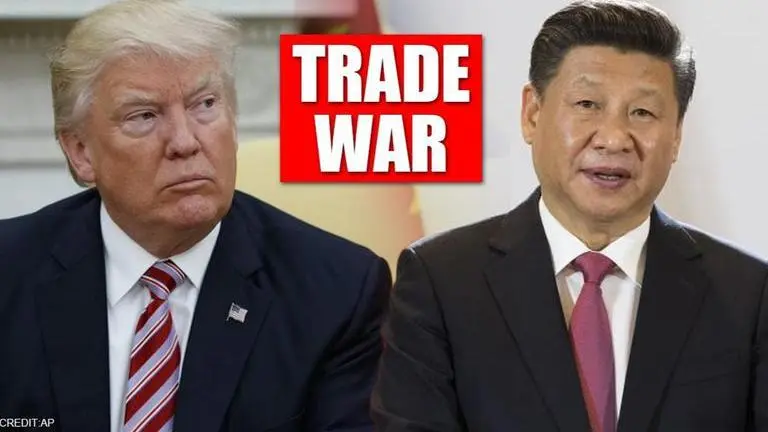Updated 18 September 2020 at 08:41 IST
US Senator moves to end China's most-favoured nation trade status, withdraw concessions
US Senator Tom Cotton introduced a new legislation in House on Thursday, September 17 seeking to end China’s permanent most-favoured-nation (MFN) status.
- World News
- 2 min read

US Senator Tom Cotton introduced a new legislation in House on Thursday, September 17 seeking to end China’s permanent most-favoured-nation (MFN) status. At Present, China enjoys trade concessions on goods and services with the MFN status and the bill seeks to change that. As per reports, while China might still be able to keep the MFN status with the US following the passage to the new bill, the trade concessions would have to be renewed each year by the US President.
Bill contains list of Chines human rights abuses
While releasing the bill, Senator Cotton said "Twenty years ago this week, the Senate gave a gift to the Chinese Communist Party by granting it permanent most-favoured-nation status. That disastrous decision made the party richer, but cost millions of American jobs. It is time to protect American workers and take back our leverage over Beijing by withdrawing China's permanent trade status”.
In addition, the bill also contains a vast list of alleged abuses carried out by the Chinese regime such as human rights and trade abuses as well as slave labour, re-education prison camps, forced abortion or sterilisation and organ harvesting from prisoners. These abuses would disqualify China from gaining an MFN status unless a presidential waiver is issued.
Advertisement
H&M severs ties over forced labour allegations
Meanwhile, Swedish clothing company H&M has decided not to buy raw materials from the Xinjiang’s farms and factories suspected of using ‘forced labour’. On September 15, the fashion house said that it would no longer source cotton from Xinjiang, which is China’s largest growing area of the cash crop.
Advertisement
The clothing brand clarified that it did not work with any garment factory in the region. The Swedish clothing company joined America and de-linked itself from Xinjiang, where reports of the incarceration of Uyghur and Kazakh Muslim community have been rampant.
(With ANI Inputs)
Published By : Shubham Bose
Published On: 18 September 2020 at 08:41 IST
